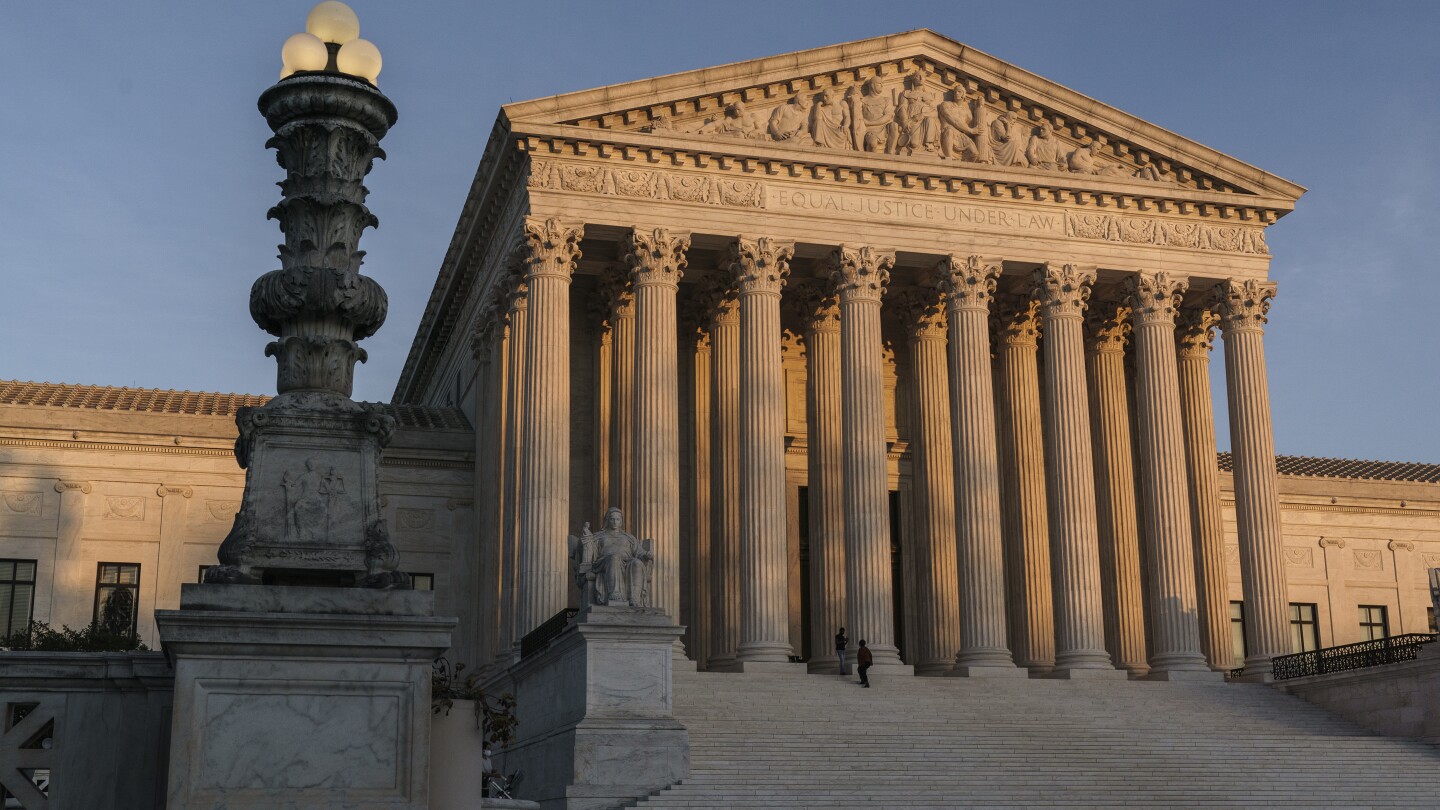The Supreme Court has decided to review a case that could simplify the process for businesses to contest federal regulations. This case revolves around California’s pioneering vehicle emissions standards, which have been contested by fuel producers.
The legal challenge focuses on a waiver granted by the Environmental Protection Agency (EPA) in 2022, under President Joe Biden’s administration. This waiver permits California to implement stricter emissions limits than those set at the national level. The Supreme Court’s forthcoming review will not address the waiver itself but will instead examine whether fuel producers have the legal standing to dispute the EPA’s decision.
The Washington-based federal appeals court previously determined that the companies lacked the right to sue, citing insufficient evidence of direct impact from the waiver, which specifically targets vehicle manufacturers.
Automakers such as Ford, Honda, and Volkswagen are already in compliance with California’s emission standards. However, fuel producers argue that the appeals court’s decision jeopardizes future challenges to administrative actions. They contend that, logically, automakers would manufacture more gas-powered vehicles if the waiver were revoked, consequently affecting fuel sales.
This EPA waiver was part of an initiative by the Biden administration to reinstate California’s authority to set more rigorous emissions standards, counteracting rollbacks from the Trump era. Under the federal Clean Air Act, California has unique authority to enforce stricter vehicle emissions standards, which influence national automaker production strategies toward more fuel-efficient vehicles.
In April, the U.S. Court of Appeals for the District of Columbia Circuit dismissed the fuel producers’ lawsuit and a related case from Ohio and other Republican-led states. The Supreme Court has yet to respond to the states’ appeal.
The controversy traces back to a 2019 decision by the Trump administration to revoke California’s authority. This decision was later reversed by the Biden administration, restoring California’s right to enforce tougher standards (source).
California is also awaiting an EPA decision on another waiver request, which would allow the state to ban sales of new gasoline-powered cars by 2035, a policy stricter than the current federal standards.
The future of such waivers is uncertain, especially under the incoming Trump administration, which may attempt to revoke them, potentially leading to further legal battles.
An EPA spokesperson stated that the agency is carefully reviewing California’s waiver requests to ensure decisions are legally sound, although no updates on timing have been provided.
Recently, the conservative-majority Supreme Court has limited some environmental regulations, including a decision in 2022 that restricted the EPA’s power to regulate carbon emissions from power plants (source). Additionally, the court halted the EPA’s “good neighbor” rule designed to combat air pollution (source).
Conversely, the court has upheld environmental regulations aimed at reducing emissions from coal-fired power plants while legal challenges are ongoing.






